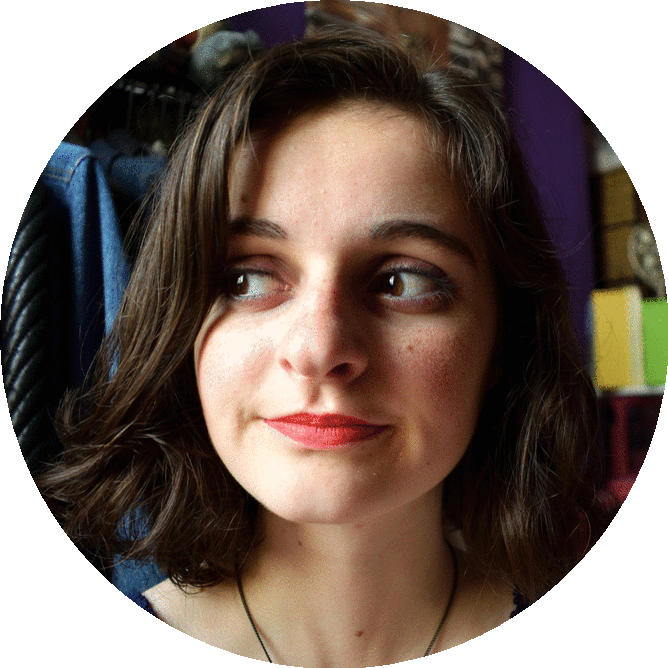After Auschwitz details the life of Eva Schloss (whose mother, widowed by the Holocaust, later married Otto Frank, the widowed father of Anne Frank) throughout her time before, during and after her imprisonment at Auschwitz. The book covers topics of trauma, family life and hope, whilst also engaging in several discussions of historical legacies and public memories of Anne Frank, the Holocaust and the Second World War more broadly.
The book has an interesting tone. It is personal, as an auto-biography, informative, as a narrative story of historic events, and also highly analytical, as a historiographical piece of literature. Putting all three of these elements into 336 pages could easily have resulted in only surface level detail of the elements, yet Schloss' prose masters all that she set out to do and results in a book fascinating to both historians and the average book-reader alike.
It was fascinating to read of the behind-the-scenes work with publishing Anne Frank's diary, a book that has become so famous but was initially very difficult to find a publisher for. Additionally, the discussion of the legacy of the diary intrigued and inspired me, as the hopeful nature that Anne emanated throughout her diary became a symbol of love and tolerance, the diary being used across the world as a cautionary tale against hatred, bigotry and all sorts of other negative forces.
Schloss' book is a fascinating read for anyone with an interest in twentieth century history and culture, whilst also retaining an appeal to those less interested in history - doubling perhaps as a coming-of-age story, following Eva throughout her life, showing her making many moves into the unknown (either willingly or not), and containing prominent themes of family and hope throughout. Whilst discussing her time in Auschwitz, she is honest and open about her experiences, but carefully avoids alienating her readers with intensely horrific details.
Whilst After Auschwitz is predominantly an auto-biography of Eva Schloss' life, with a particular focus on how the experience of Auschwitz affected her post-1945, there is much more to take away from it, particularly the idea that no matter how dark the tunnel, there is a light and that, to echo Anne Frank, "it will all come right,...and peace and tranquility will return again". So as the book's subheading says, it is a story of heartbreak, but it is also an utterly inspiring story of survival.
Subscribe to:
Post Comments (Atom)









No comments